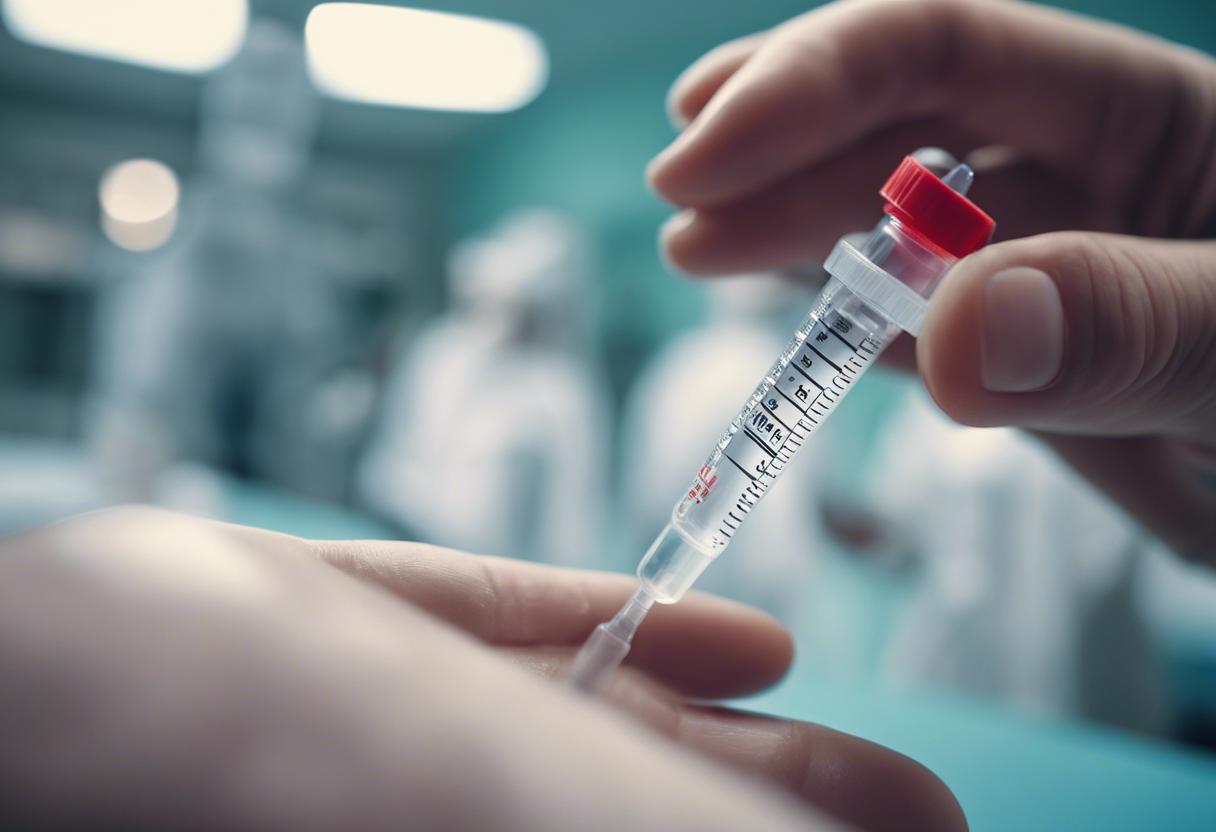From October 1st this year, the chickenpox or varicella, vaccine will be included in the immunisation programme for children, per an announcement by the Health Service Executive (HSE). The MenC vaccine which was previously given at six months will no longer be administered under the revised schedule.
The new series of modifications indicates that the chickenpox vaccine will be given at 12 months, followed by the replacement of the dual HIB/MenC with a 6-in-1 and MenC vaccine at 13 months. The number of appointments with the general practitioner will remain the same, occurring at 2, 4, 6, 12, and 13 months.
There will not be any option currently for babies born before the October start date to catch-up on receiving the chickenpox vaccine.
In 2023, the Health Information and Quality Authority (Hiqa) advised that the chickenpox jab should be given to children due to its safety and effectiveness. The authority explained that there is a “clear and consistent evidence” backing this.
The integration of the chickenpox vaccine into the immunisation programme for kids is projected to cost between €13 million to €28 million in the initial five years. This is based on whether one or two doses of the vaccine are administered, rendering it “likely to be cost effective”, according to Hiqa.
The Health Protection Surveillance Centre (HPSC) is only notified of chickenpox cases that result in hospitalisation. In 2023, there were 170 notified cases of chickenpox hospitalisation, marking the highest number in recent history. The likelihood of severe chickenpox cases is highest amongst children aged 1 to 9 years.
Severe health outcomes have been associated with the chickenpox infection, including meningitis and encephalitis. From 2018, it was reported that there were four cases of meningitis and 10 of encephalitis, related to chickenpox.
Dr Chantal Migone, a public health medicine consultant at the HSE National Immunisation Office, expressed her pleasure over the inclusion of the chickenpox vaccine in their roster. It’s a common misconception amongst many parents that chickenpox is a relatively minor ailment. However, Dr Migone highlights that for certain infants, it could lead to severe complications and even necessitate hospitalisation, as was the case for 170 children the previous year. There have been instances of fatalities as well, albeit rarely. She stated that including the chickenpox vaccine as part of the standard immunisation programme offers optimal protection to infants and also significantly reduces the occurrence of severe cases. Dr Migone further emphasised that vaccines are safe and efficacious, playing a critical role in community-wide immunity. She urged parents to ensure they kept their children’s vaccinations up to date for their own well-being and that of others.

